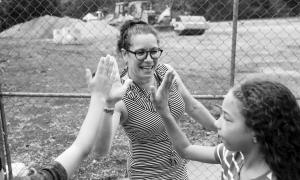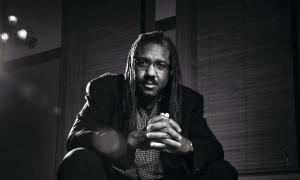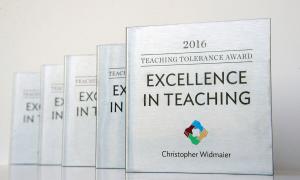professional development
Motivation
Motivated students want to learn and are less likely to be disruptive or disengage from the work of the classroom. Motivation stems from numerous factors: interest in the subject matter, perceptions of its usefulness
July 18, 2017





